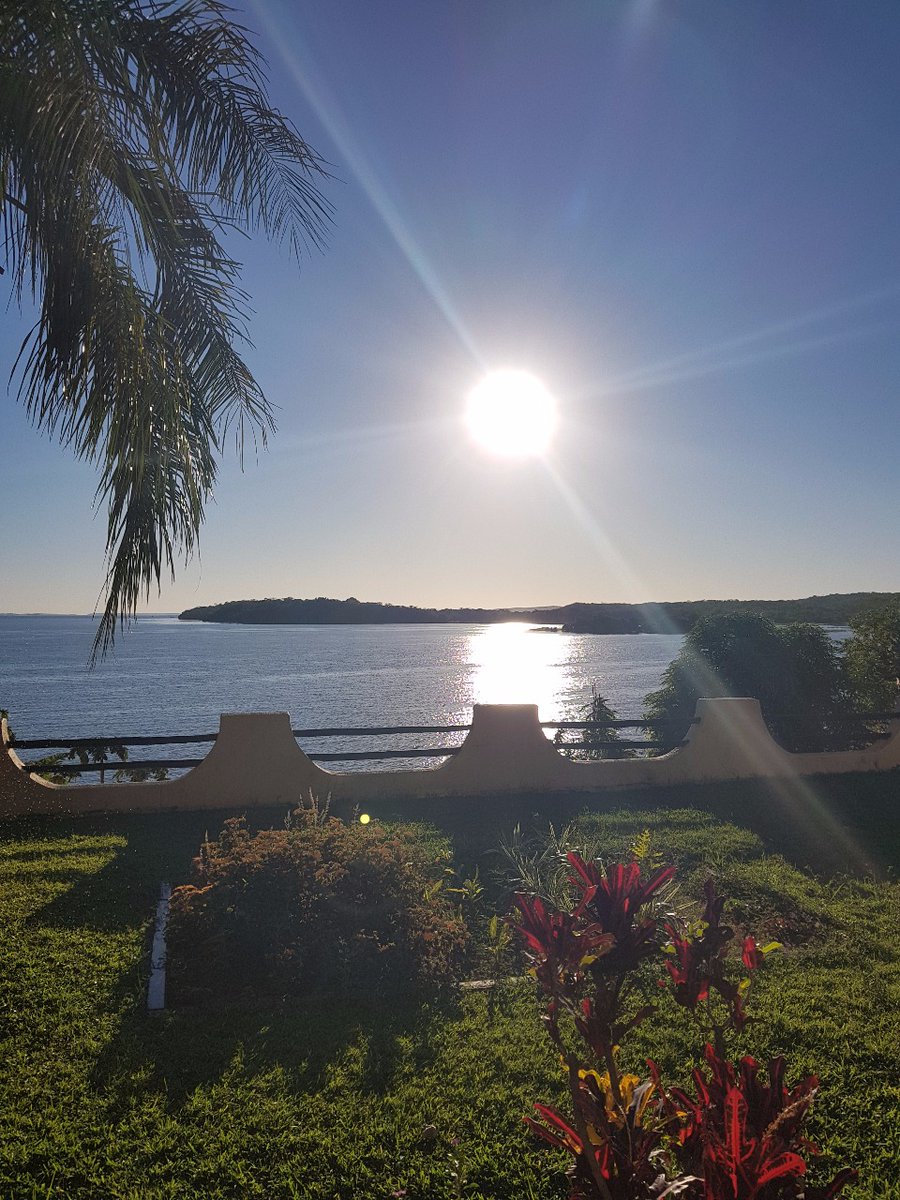By Chipa Gonditii & Johnson Chihambakwe
About 400km northeast of Bulawayo lies Binga, a small town which is virtually in the middle of nowhere on map but definitely vibrant and visible on sight with its flagship convenience destination: Binga shopping centre informally known as “Pa centre” which has cemented its status as the entertainment hub of the Batonga People.
What started out as a small growth point back in the 50’s for refugees from the Kariba displacement has now exploded into a district centre of more than 130000 where one can find everything from wholesale shops, night clubs to pharmacies.
Evelyn Karenda (25) a local resident explained how the shopping centre has become the centre of the district’s life.
“This complex is ideal for us because we can get everything we want, for example we have Kwikmart were we buy our groceries.”
“We also have Nevmud wholesalers which is like Mohammed Musasa in Harare so, we do not have to go to Bulawayo anymore for shopping.”
Revelling has also become a norm for the young generation as they now prefer to while up their time at the centre.
Munyaradzi Mubvumba says he and his friends used to go to places in Gwanda for during their pastime but now prefer to chill at the centre especially at Glass Sports bar where they can havesome drinks and shoot some pool.
“For a trip to Gwanda me and the boys used to cough up $50 for expenses but we now spend half that for double the pleasure here pa centre” said Mubvumba
Binga town is the largest settlement within the district with a population of over 140 000. It lies on the south eastern shore of Lake Kariba . Most of it was constructed to rehouse the BaTonga people whose homeland was flooded by the creation of the Kariba reservoir in the late 1950s .
The construction of the Kariba dam was met with mixed feelings from many Africans as it was said to be some sort of symbol for the then unpopular Rhodesian-Nyasaland Federation. This was then accepted albeit destroying the mainstay of the Tonga people‟s economy which was their traditional fishing practices.
Someone who still harbours the scars of this unlawful displacement is Gogo Alice Ngonyati who is now a vendor at the centre.
Now 78 years old Gogo Ngonyati remembers clearly when she and her family where cruelly hauled from their home and placed at Manjolo.
“I remember this period clearly because I was still a maiden and it just started as rumours that we be forcefully relocated but i did not believe it.”
“Then it inevitably happened, we were removed from the Zambezi valley and places at that area there close to Manjolo where I’m still residing now.” She said.
“Our family used to make a living through fishing because our house was close to the river fish but that all went in the drain when we were displayed, I know it has been more than 50 years since this happened but I will never forgive the colonial regime for their cruelty” said a tearful Gogo Ngonyati.
One would think that someone like Gogo Ngonyati who was atrociously affected by the colonial regime would harbour positive sentiments for the “new” dispensation, but that is not the case here.
“Just because I hate the colonial regime does not mean that I am in coherence with this new dispensation because if you look at my situation I’m old now I should be resting but that is not possible with our economy ” she said laughing.
Just a few hundred meters from the centre you also get the Batonga National museum
The Batonga museum was established in 2000 and started operating in 2002, it originated as a community idea to represent a culture that was better known through its material culture than the people responsible for those material objects.
The museum was born of a partnership between the Binga rural district council and MS-Zimbabwe(Danish association for international cooperation), this partnership changed hands after the NMMZ stable.
Mr Christopher Tshuma who is the museum’s heritage officer said the museum stood as a way of paying homage to the Tonga culture.
“The museum was built 50 years after the construction of the Karina dam, therefore it stands as a tribute to the people whose land was taken away by the colonial government.”
“The museum also allows the Batonga to share their cultural resilience, experience and aspirations with other Zimbabwean cultures and the world as a whole” said Tshuma.
At Binga shopping complex you also find other places such as Binga council offices and Zimparks offices.






